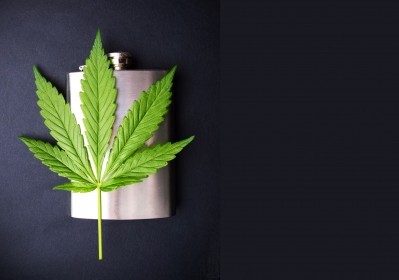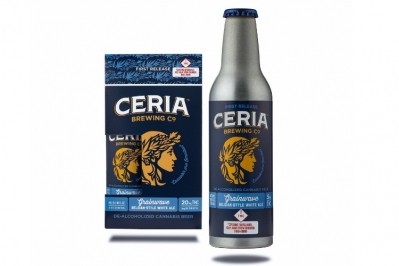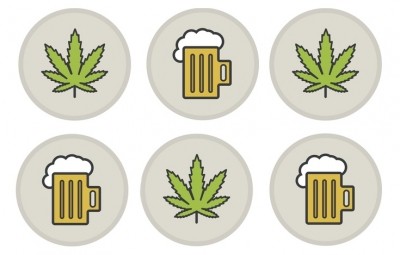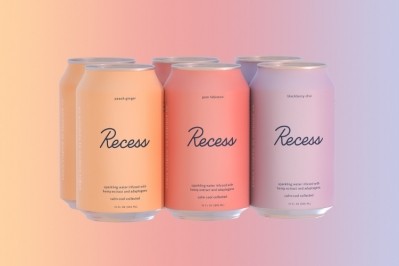Sproutly positions itself for North America’s cannabis explosion
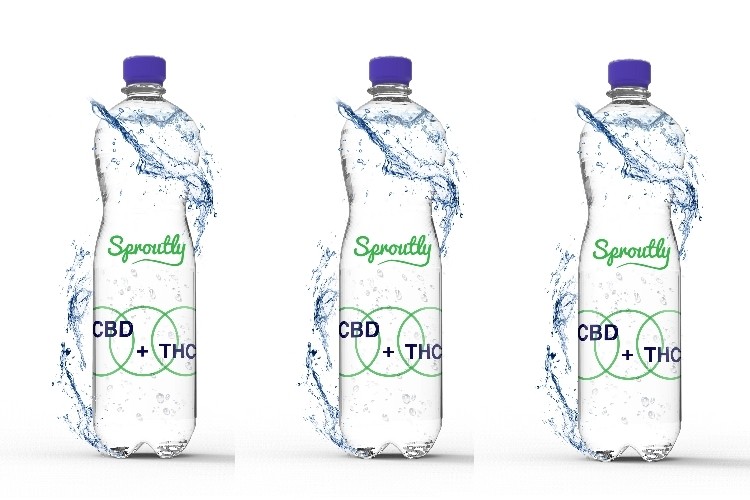
Sproutly wants to be become the leading supplier to the cannabis beverage and consumables market after acquiring technology in August that is able to naturally extract cannabinoids in water. It claims this makes it “the world’s only truly water-soluble cannabis solution to be formulated into beverages.”
Keith Dolo, CEO of Sproutly, told BeverageDaily that the process is different from existing cannabis ingredients companies because Sproutly doesn’t alter the cannabis compounds during extraction. Many other ingredients are just ‘water-missable’ or ‘water-compatible’ because they begin with an oil and use chemical additives to suspend the solution in water.
But as oil can never fully dissolve into water, Dolo says that the Sproutly team hasn’t come across any other cannabis ingredients that do exactly what theirs can do. The acquired technology comes from Infusion Biosciences, which spent 12 years doing water soluble extraction research.
“Traditional extraction methods seen today using ethanol, butane and CO2, alters the cannabinoids, and in doing so destroys the strain-specific benefit,” Sproutly said.
Legalized recreation in Canada
Canada’s recent passage of its cannabis act hasn’t directly affected Sproutly’s business, but it is looking ahead to the pending full legalization of cannabis beverages, expected in Canada for October 2019.
Sproutly is currently searching for potential industry partners, particularly an “established company that has marketing, distribution and channel partners, and understands how to get products to market within their geographies.” It’s also looking into potentially creating its own beverage branded and edible branded products once legalization occurs for beverage and edibles next year in Canada.
Last month Sproutly announced its first international expansion partner with its largest growing facility in Jamaica, with the plan to utilize their low-cost cannabis in the Caribbean and European markets in 2019.
“Makers of soft drinks are seeing their sales at 30-year lows, are always looking for the next big thing. CBD-infused drinks could be the new soda, just as vitamin-infused water and coconut water have become popular,” Sproutly said.
Hemp production pending in the US
The US is close to passing a landmark $867bn farm bill after months of negotiation and compromise. It has already passed the Senate and the House and is expected to be signed into law by President Donald Trump within the coming days.
The bill encompasses many facets of the agriculture industry looking for retribution from Trump’s ongoing trade war with China. Beyond the legalization of the production of hemp, the bill also includes the preservation of the Conservation Stewardship Program, permanent funding for farmers markets and local food programs and aid for dairy farmers.
Dolo believes that it will be a positive for the entire North American cannabis industry, and expects that major brands will continue investing in the space. Constellation Brands and MolsonCoors have already dipped into cannabis, and it’s likely to infiltrate the grocery aisle as a popular additive within the next five years.
“It will be a massive catalyst for the industry. Most of the cannabis companies are involved in a hemp operation, and most companies lump hemp and cannabis together. A lot of people don’t understand the difference between cannabis and hemp, or even the difference between CBD and THC,” Dolo said.
